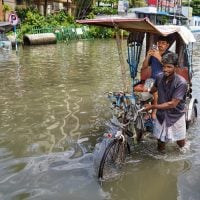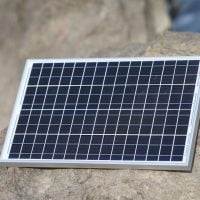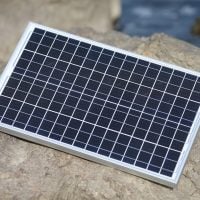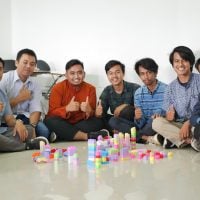Deadline: 16-Feb-24
The Collaboration on International ICT Policy for East and Southern Africa (CIPESA) has announced the Tech Accountability Fund as the eighth edition of the Africa Digital Rights Fund (ADRF).
The Collaboration on International ICT Policy for East and Southern Africa (CIPESA) has partnered with Digital Action to support work on tech accountability in Sub-Saharan Africa in the run up to and during the “Year of Democracy” in 2024. This support will be channelled through the Tech Accountability Fund that will be administered under the auspices of the Africa Digital Rights Fund (ADRF).
Numerous African countries, including the Comoros, Senegal, Mauritania, Rwanda, Mozambique, Ghana, Algeria, Botswana, Chad, Guinea Bissau, Mali, Mauritius, Namibia, South Africa, South Sudan and Tunisia, are headed to the polls during 2024. Electoral processes are essential to building democracy, and given growing threats to information integrity and technology use in elections, it is crucial to conduct platform accountability around electoral processes. The Fund responds to these key concerns in the Year of Democracy and to the scant resources to African civil society entities that are working to counter tech harms.
Funding Priorities
- Grants will be made to support individuals/groups to undertake:
- Advocacy: To engage and interface with key decision-makers and other critical actors to advance recommendations to address platform harms and raise awareness on critical issues.
- Examples of this could include projects that: refine and advance particular recommendations to platforms on how to respond to the expected online harms around elections; inform platforms on the offline harms correlated with online harms taking place around elections; bring about a minimum commitment by platforms on how they can augment their response whenever elections are upcoming.
- Research: To strengthen and undertake critical quantitative and qualitative research around the nature of harms and their effects on rights and electoral integrity.
- Examples of this could include: Research mapping digital harms that have taken place before, during, or after particular election(s); Research identifying offline harm that is correlated with online harms happening before, during, or after particular election(s); Cross-regional research/learning, e.g. on the trends across regions and strategies for tech accountability.
- Storytelling: To produce (and amplify existing) stories and investigations.
- Examples of this could include: A podcast telling stories of online harms happening before, during, or after elections; A series of first-hand written accounts documenting incidents of online harms and their real-world impacts on people.
- Travel: They recognise barriers to participation by the global majority in key global and regional fora on tech accountability. Where travel is directly related to project activities or the wider “Year of Democracy” campaign, there is also an opportunity to explore supporting under-resourced organisations with funds to cover the costs of travel.
- Advocacy: To engage and interface with key decision-makers and other critical actors to advance recommendations to address platform harms and raise awareness on critical issues.
- The Fund is particularly interested in work related to but not limited to:
- Online gender-based violence, particularly against women politicians and women journalists
- Network disruptions
- Content moderation
- Microtargeting and political advertising
- Hate speech
- Electoral Disinformation
- Electoral specific harms e.g. effects on freedom of expression and citizens’ ability to make independent choices and participate in electoral processes.
Funding Information
- Grant sizes will range from USD 5,000 to USD 20,000 subject to demonstrated need. Cost sharing is strongly encouraged. Funding shall be for periods between six and 12 months.
Eligibility Criteria
- The funds will be accessible to organisations and coalitions working on tech accountability, aligned to one or more of the funding priorities detailed above.
- Grantees will preferably have formal registration but organisations and coalitions without formal registration may be considered subject to demonstrated track records.
- The activities to be funded must be focused on Sub-Saharan Africa.
- Priority will be given to organisations and coalitions that incorporate marginalised/minority groups.
- Ineligible activities include those outside of the funding priorities listed above. The fund will also not support scholarships, costs related to proposal development, equipment or asset acquisitions or reimbursement of costs that have already been incurred.
For more information, visit CIPESA.









































